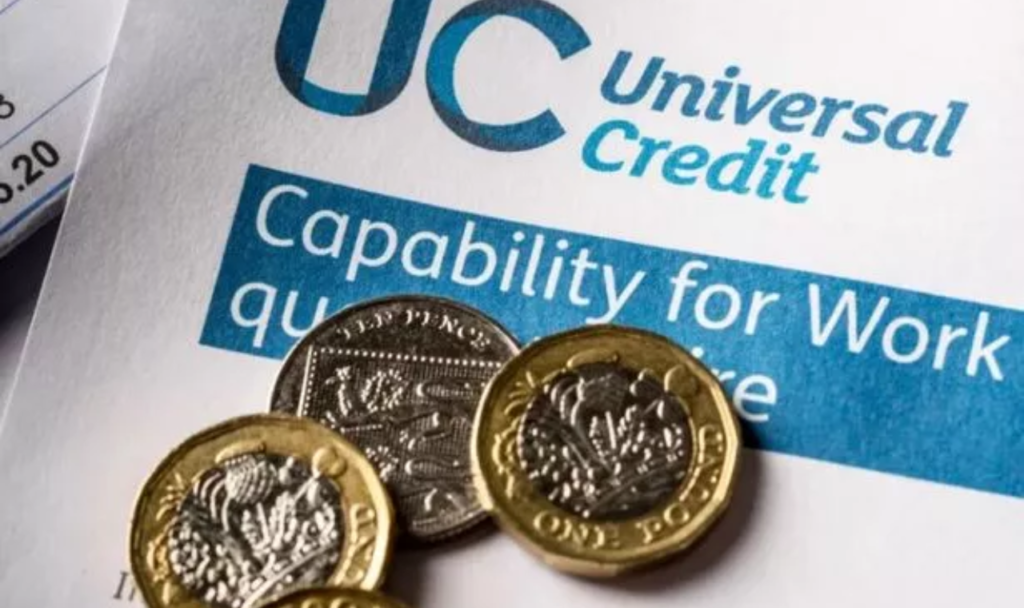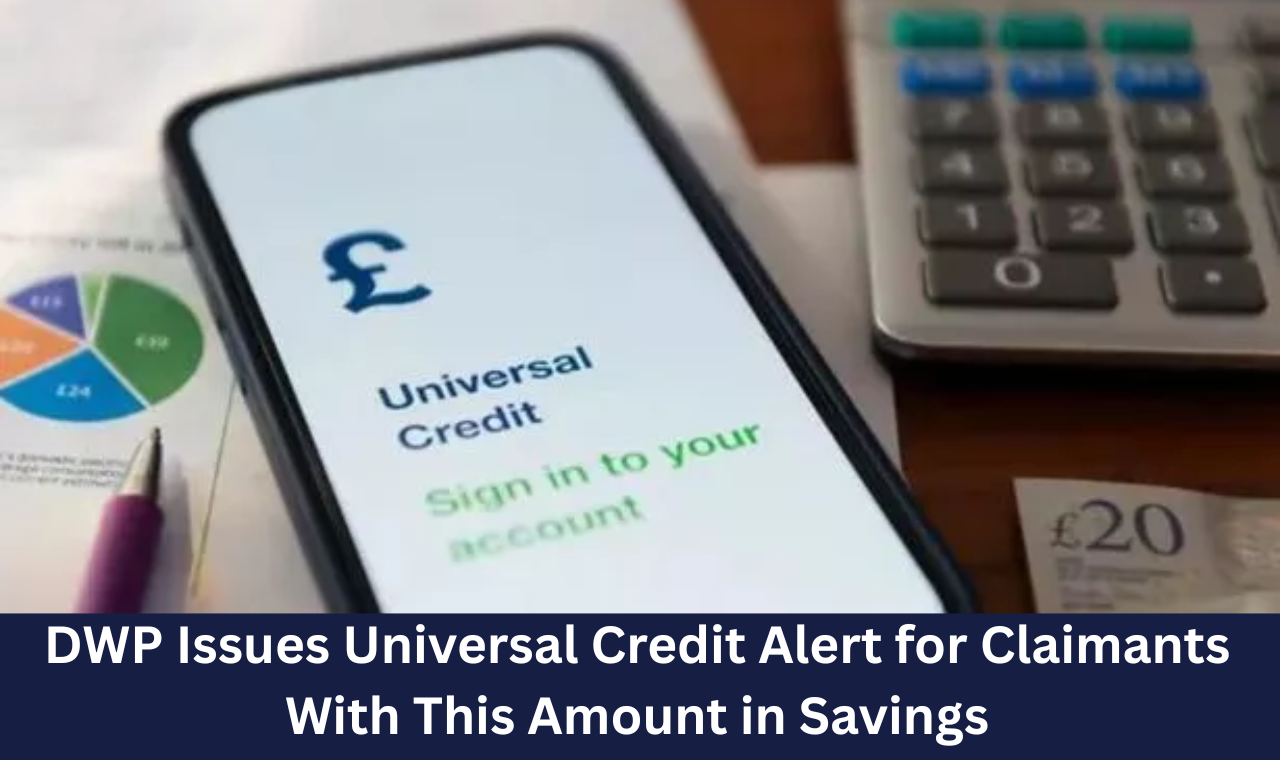The UK government is reportedly considering new powers that would allow the Department for Work and Pensions (DWP) to monitor Universal Credit claimants’ bank accounts, sparking concerns about privacy, surveillance, and the potential impact on vulnerable individuals.
At the centre of the debate is a renewed crackdown on benefit fraud, targeting those who may be hiding savings above the threshold allowed under current welfare rules.
Current Rules: What Are the Limits?
Under existing guidelines, individuals applying for Universal Credit must meet strict financial criteria. Claimants with more than £6,000 in savings face a reduced benefit payment, while those with over £16,000 in savings are not eligible for any Universal Credit payments at all.
These rules are in place to ensure that benefits are distributed to those most in need. Full details on eligibility can be found on the official Universal Credit page on GOV.UK.
Why Is the DWP Looking at Bank Accounts?
The DWP has long relied on self-declaration and routine checks to identify fraud. However, a recent uptick in concerns over hidden savings has prompted officials to explore stronger enforcement mechanisms.
According to a report by The Times, the government is examining whether banks could be compelled to share account data for individuals receiving benefits. The initiative would begin with the account where benefits are deposited, checking for balances that exceed the £16,000 threshold.
The idea aligns with so-called “open banking” principles, where financial institutions can share account information with other entities for transparency and verification—though in this case, the aim would be fraud detection rather than financial planning.
How Would This Work?
The proposed system would flag accounts receiving benefits that consistently show large balances. If discrepancies arise, claimants could be subject to further scrutiny or even lose their eligibility for Universal Credit.
However, the plan has limitations. Many people spread their savings across multiple accounts or keep money in partners’ names. In response, the government is also reportedly considering broader access similar to the financial background checks conducted by mortgage lenders.
The Financial Times reported that discussions are ongoing about expanding the scope of these checks, but no formal legislative steps have been taken.

Privacy and Ethical Concerns
Not everyone is on board with these developments. Civil liberties groups and privacy advocates warn that this could be a step toward state overreach and surveillance.
Organizations such as Big Brother Watch have criticized the proposals, stating they “risk turning low-income people into suspects simply for claiming the support they are entitled to.” The group argues that while tackling fraud is important, it must not come at the cost of mass surveillance or the erosion of privacy rights.
Critics also note that the policy could disproportionately impact certain groups, including disabled individuals, single parents, and carers, who may rely on benefits long-term and manage finances carefully to make ends meet.
Has This Happened Yet?
As of April 2025, no new laws or policies have been enacted. The proposal is currently at the consultation stage, with further analysis required to assess its legality, effectiveness, and ethical implications.
Any future implementation would likely involve cooperation between government departments, banks, and regulators such as the Information Commissioner’s Office (ICO) to ensure that data access is justified and proportionate.
What Should Claimants Do Now?
For now, Universal Credit claimants do not need to take any new action, but should remain informed and ensure they are in compliance with current rules. Here are a few key takeaways:
- Keep savings below £16,000 if you are claiming or plan to claim Universal Credit. The rules are clear and enforced. (GOV.UK – Universal Credit and Savings)
- Stay updated by checking announcements on the Department for Work and Pensions website.
- Be honest when applying for benefits. Providing false information can result in fines, benefit repayment, or criminal prosecution.
- Seek help from a welfare rights advisor if you’re unsure how your financial circumstances affect your eligibility. Organizations such as Citizens Advice offer free guidance.
final thought
With fraud prevention a priority across all areas of government spending, stronger enforcement of Universal Credit rules seems likely. However, whether this includes deeper access to personal bank accounts remains to be seen.
The coming months will be critical in shaping how far the DWP can go in using financial data to monitor claimants. For now, the message is clear: those receiving benefits should ensure their finances are transparent, traceable, and within the bounds of current law.

Pankaj Kumar is a skilled content writer at OTE News, focusing on breaking news, technology, and socio-political developments. With a background in Mass Communication, he brings a balanced perspective to his articles, ensuring clarity and reliability. Pankaj has a knack for simplifying complex topics for readers.
In his free time, he enjoys photography, traveling, and experimenting with new cuisines. His curiosity and dedication to truthful reporting make him a valuable contributor to OTE News.




